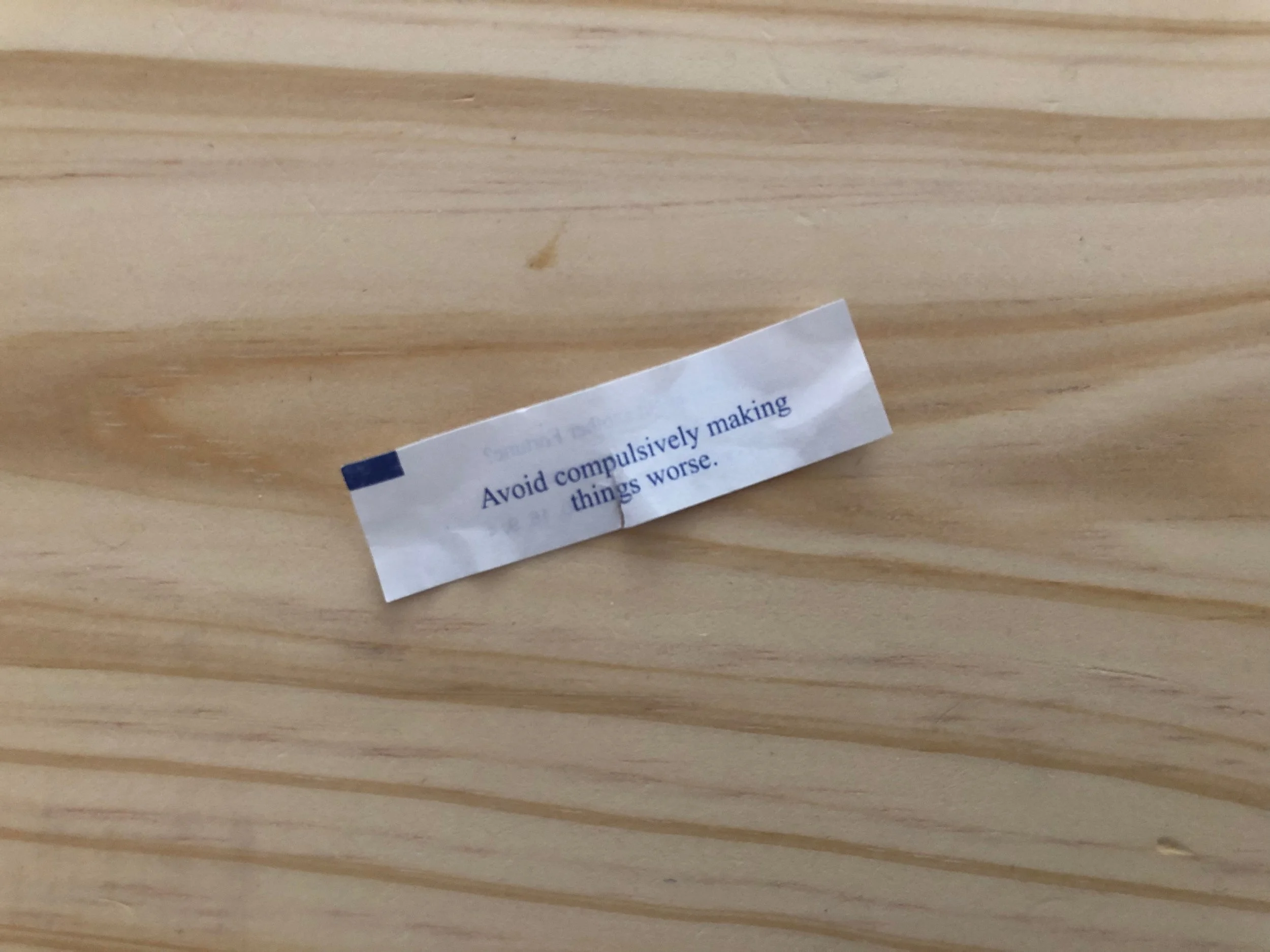Instead of shushing or yelling
At Eclectic Music, we run a summer day camp each week during June and July.
Every Monday, we must quickly build a rapport in order to channel the exuberant energy of a couple dozen anxious, nervous, or excited campers so that we can spend the week preparing them to perform together in a show on Friday and make sure they have fun in the process. It’s a big undertaking that requires a whole team of dedicated adult counselors and support staff.
Midway through the morning sing-along recently, the group lost focus. There was chatter and general mayhem.
“Shhhhhh!” said one of the counselors.
Another just kept right on going with the lesson, talking louder without acknowledging the disruption.
A third, Bennett, clapped his hands loudly three times. “Alright, team!” he said, in an upbeat voice and enthusiastic voice. “Let’s bring it in!”
Immediately, the kids settled down. Quiet and focused, they awaited their next instruction.
This tactic worked for a number of reasons:
Good teacher vibes were being broadcast and received. Bennett radiated authority and a sense of positive expectation, trusting that the children would calm down.
Bennett did not cast judgment on the kids’ behavior. He understood that the kids were just giddy and overstimulated and simply needed redirection. He offered it kindly without sending any kind of message to the children that they were bad or misbehaving.
Bennett was respectful. In fact, he could have handled a group of chit-chatting adults in the exact same way. He assumed goodwill and didn’t talk down to the campers.
Bennett brought the focus back to the task at hand instead of making it about him. Nobody needed a lecture about the camp rules or the importance of respect. They just needed to sing the next song.
If we treat children differently than adults (shush an adult and see how well that goes), it’s because of assumptions we’ve made about their motivations and the reasons for their behavior. These assumptions go back to the way we were raised, along with long-standing societal beliefs about children that may go unexamined because they are so familiar. We will see what we want to see because it fits our assumptions.
For example, by believing kids are going to be wild and out of control, we put ourselves on the defensive and may unwittingly encourage and reinforce unruly activity by doing so. Likewise, a belief that “if you give ‘em an inch, they’ll take a mile” may make us a little stingy when handing out treats and privileges, creating a scarcity that results in the kind of greedy, calculating attitude we were expecting.
The alternative is simply to treat children like human beings. Small human beings, at a distinct developmental stage, but fully capable of rising to the occasion as long as we teach them how. Sure, things may get a little noisy every now and then — but what would life be without the fun and disruption that children bring? When you show them that you’re on their side, you’ll be able to influence them without a lot of effort.
When we make a habit of treating children, individually and collectively, with the same respect we offer to adults (even if they do not have the same privileges), we will be rewarded in turn with their respect, attention, and even their love.





